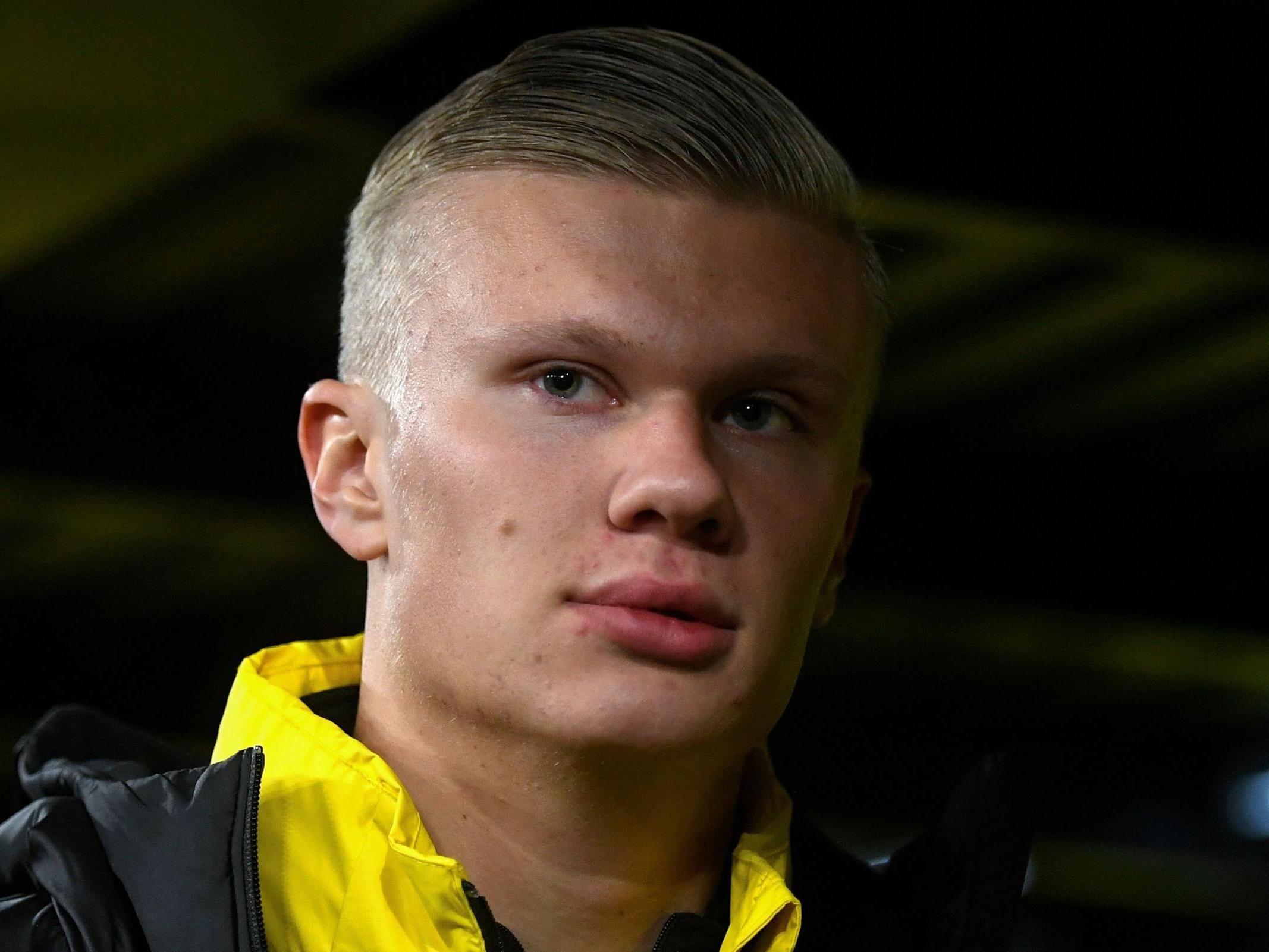This website uses cookies so that we can provide you with the best user experience possible. Cookie information is stored in your browser and performs functions such as recognising you when you return to our website and helping our team to understand which sections of the website you find most interesting and useful.

Erling Haaland opting to play for England was not a realistic option after he was “tied up” by Norway, according to Gareth Southgate, despite the Borussia Dortmund striker’s dual nationality.
Haaland was born in Leeds shortly after his father Alf-Inge had left Elland Road to join Manchester City in the summer of 2000.
The Haaland family spent the next three years in England, moving to the Norwegian city of Bryne following Alf-Inge’s retirement through injury.
The 19-year-old has followed in father’s footsteps at international level and made his debut for Norway last September, having won caps at youth level from the Under-15s upwards.
Under Fifa’s eligibility rules, dual nationality players can switch allegiances until capped at senior level in a competitive match.
But due to Haaland being “tied up” by Norway at an early age, Southgate believes that he was always unlikely to represent the country in which he was born.
“Obviously at the younger age groups at that time, that wouldn’t have been on my radar, because when he broke into first-team football he was pretty much already in the Norwegian youth system,” Southgate said.
“We recruit early, but we wouldn’t have been into him when he was still in Yorkshire, that’s for sure.
“We’re always trying to monitor those cases, but I think in that instance he was tied up pretty early by Norway and I think also, with players like him, they’re quite clear where they want to play as well.
“He feels that allegiance to the country that he’s playing for now and you’re always very respectful of that.”
Southgate added that the globalised nature of world football means that the Football Association increasingly finds itself contesting for dual nationality players. The majority of those in England’s development teams are eligible to play for another country.
“It’s 100 percent more of a challenge,” he said. “Not so much that we’re having to look further afield, but I think 70 plus percent of our development teams can play for more than one country, so historically that would have been other British nations.
“Now a lot more can qualify for one of the African countries or Caribbean countries, other parts of Europe.
“As the world becomes more transient we are faced with that competition a lot more readily, so we are definitely conscious of that – through the development teams, right the way through.”



 Africana55 Radio
Africana55 Radio 

